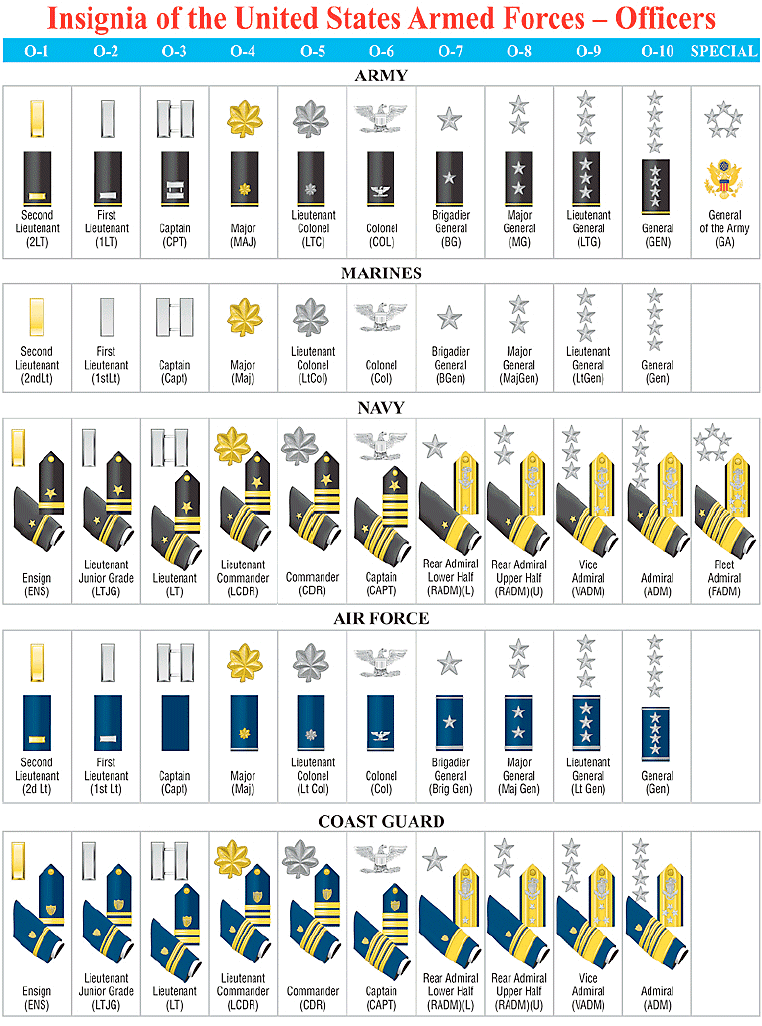 The CHRO and CFO oversee the two main assets of a company. They have enormous opportunity to add value to the CEO. Yet, they sometimes fall short of expectations.
The CHRO and CFO oversee the two main assets of a company. They have enormous opportunity to add value to the CEO. Yet, they sometimes fall short of expectations.
Their strategic function is not about setting solid guidelines on depreciation of capital assets, or putting together employee handbooks. Those may be required activities, and if not done right, may cause enormous harm. However, they are not leadership activities.
A good CEO can chart the strategic plan for the company. He can even channel the money, but it is much harder to channel the talent and get everyone aboard. This is where the CHRO can help. However, this involves changing the tone of the HR communications from mandates and legalese to influencing and enabling.
The strategic function of recruiting is not to enforce pay boundaries; it is to get the right people to fill the right jobs. The strategic function of performance reviews is not to get 100% participation; it is to foster career growth. The strategic function of succession management is not to make sure all critical jobs have successors; it is to help find the right successors, wherever they are. The strategic function of benefits is not to pass top heavy tests; but to provide benefits that are best provided via group enrollment. The strategic function of time cards is not to keep record of attendance; but to compute gross margin per product, so we know which products to continue to build.
HR’s strategic function is to breathe, speak, and live this, and to be able to see everything from the lens of the business. The rest is to HR what accounting is to finance. It may sometimes be essential, but it is not strategic.
I have been super lucky to work with HR counterparts who get this. They keep me from the legalese and the HR policies. They share information with me. They suggest ways I can avoid obstacles. And they focus on helping me get the job done. This is business execution.




 My UK school days have receded into the far too dim-and-distant past, but I still remember our uniform.
My UK school days have receded into the far too dim-and-distant past, but I still remember our uniform.

 Back in school (
Back in school (